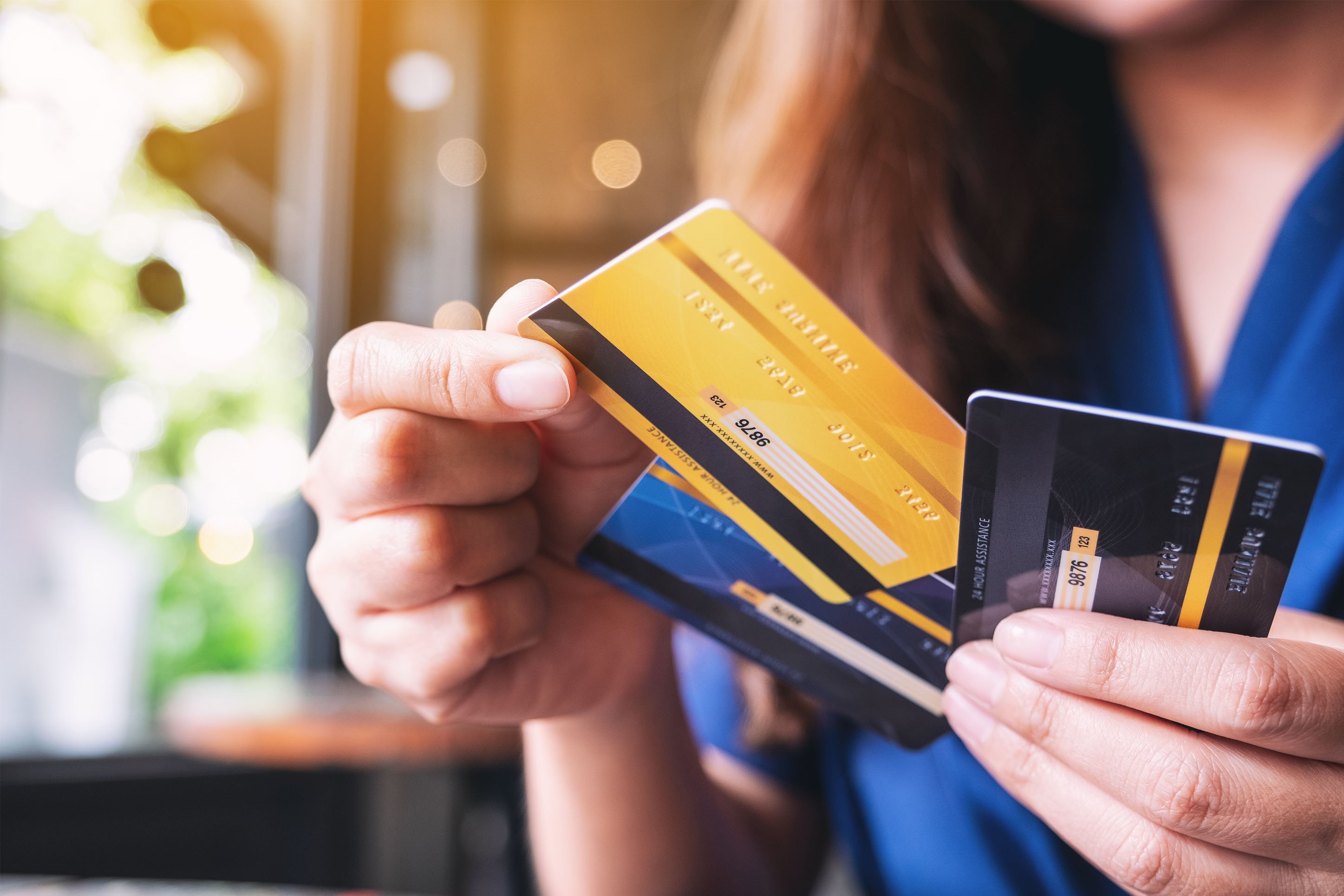Personal Loan
How it works
When you take out a personal loan, you get a lump sum all at once, upfront. You can use it for a wide range of expenses, like wedding spending or consolidating debt. You have access to that money, with a set, time-based repayment schedule. Your monthly payments don’t change unless you decide to pay extra. Auto loans and home loans are examples of personal loans, but there are also unsecured loans that aren’t backed by collateral, and you can generally spend those on whatever you wish. You might consolidate credit card debt, finance home renovations, or make other large purchases.
Interest rates
Interest rates on personal loans tend to be lower than on credit cards, but that varies depending on your credit. It’s possible to get rates lower than 5%, depending on your score.
Pros and cons of making large purchases
The lower interest rates are a big plus when it comes to a personal loan. For the largest purchases, you don’t have to worry about a high balance impacting your credit score like it would with a credit card. However, you do have to apply for each loan you need, and you can only spend the money once, as opposed to a credit card, where you can pay off your balance and spend up to your limit again and again.

Credit Card
How it works
When you apply for and are approved for a credit card, you have spending freedom up to your limit, on whatever you want to purchase. You have ongoing access to that set amount. Of course, you have to make minimum payments each month, and those minimum payments aren’t set in stone. So the more you owe, the more you have to pay each month.
Interest rates
Interest rates on credit cards vary widely depending on which one you get and what your credit score is. But they do tend to be higher than on personal loans. Rates on rewards cards are often as high as 18% APR.
Pros and cons of making large purchases
On the pro side, you can enjoy rewards like travel points, gift cards, and cash back when you spend with a credit card. They’re also simple to apply for, and they can give you flexibility in spending, since you don’t need to apply for a new one each time you make a purchase. But if you’re using them to make a purchase you won’t be able to pay back right away, interest charges may accrue.
Whether a credit card or a personal loan is the right choice for your unique situation, RMCU has you covered. Get the rewards you want with the VISA Platinum Rewards credit card, or apply easily online for your personal loan. Your financial future is in your hands, and your neighborhood credit union is here to help.


